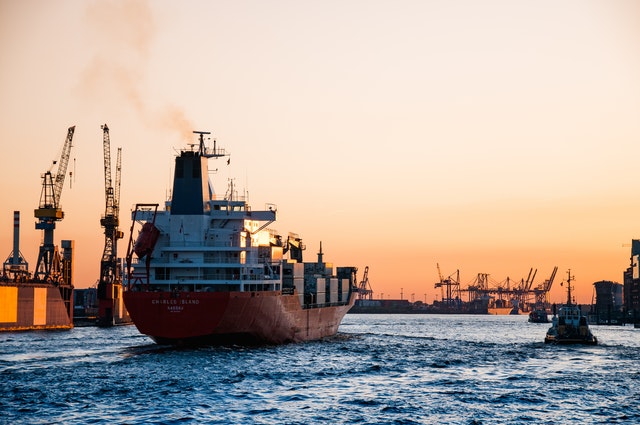Advances in technology are credited for the vast growth in ecommerce at the international level. It is incredible how international trade has grown over the past couple of years. Today, the constraints of time, space, and distance are no longer a hindrance to doing business. You can buy products or seek services from a producer or provider who is located miles away across the world. Still, you can rest assured that your product or service will get to you in the promised time and good condition.
Well, in case you are wondering, all these are made possible by an enabler of trade known as a freight forwarder. This is a trade agent that takes the responsibility of ensuring that the product you buy online from across the globe gets to you in the best condition as intended by the manufacturer. In other words, a freight forwarder acts as an intermediary that bridges the gap between the buyer and the seller.
To perform their services at the most optimal level, freight forwarders need to operate under a strict set of guiding principles, which we shall be going over in this article.
Responsibilities of a Freight forwarder
As much as we are referring to them as principles, it would be much easier if we looked at them as roles or customer expectations for the sake of our understanding. The following are the principles of freight forwarding that we shall be discussing in-depth in the subsequent sections of this article.
- Managing logistics
- Adhering to customs regulations
- ICT integration
- Negotiating tariffs
Managing logistics

The world today is literally turning into a global village. The immediate result is that interactions are increasing at an incredible pace. And these are both social and commercial interactions. All the people that are subjected to these interactions have a certain level of expectations. Most definitely, participants in trade activities expect things to be done in a reasonable time. For this to be achieved, freight forwarder needs to be on top of their game when it comes to managing all the logistics.
Adherence to customs regulations
It goes without saying that just a small fraction of those participating in international trade are conversant with the customs. Luckily, freight forwarding agencies have stepped up to bear the burden of knowing, understanding, and ensuring adherence to the many regulations that guide international trading activates.
ICT Integration
The vast majority of freight management service providers are becoming receptive to the idea of implementing a technology-inspired clearing and forwarding system. This has gone a long way in boosting the quality of services that customers receive. Information technology helps to create uniformity. Additionally, it reduces the workload for the forwarding agents by automating most of the processes. Thanks to technology, freight forwarding companies have at their disposal the tools needed to manage the logistics in a way that consumes less time and requires less effort.
Negotiating tariffs
This is one of the most important roles of a freight forwarder. Excellent services are guaranteed to achieve high levels of customer satisfaction. But, how much more satisfaction are these services going to create if they are not only excellent but also affordable? So, freight forwarding agents are tasked with the responsibility of negotiating tariffs on behalf of the customers just so that they can reduce the overall costs for them.
Conclusion
The primary role of the freight forwarder is to ensure that the goods you order get to you not only at the right time but also in the best condition possible. By following the principles above, freight forwarding agencies stand a big chance of achieving their goal.
